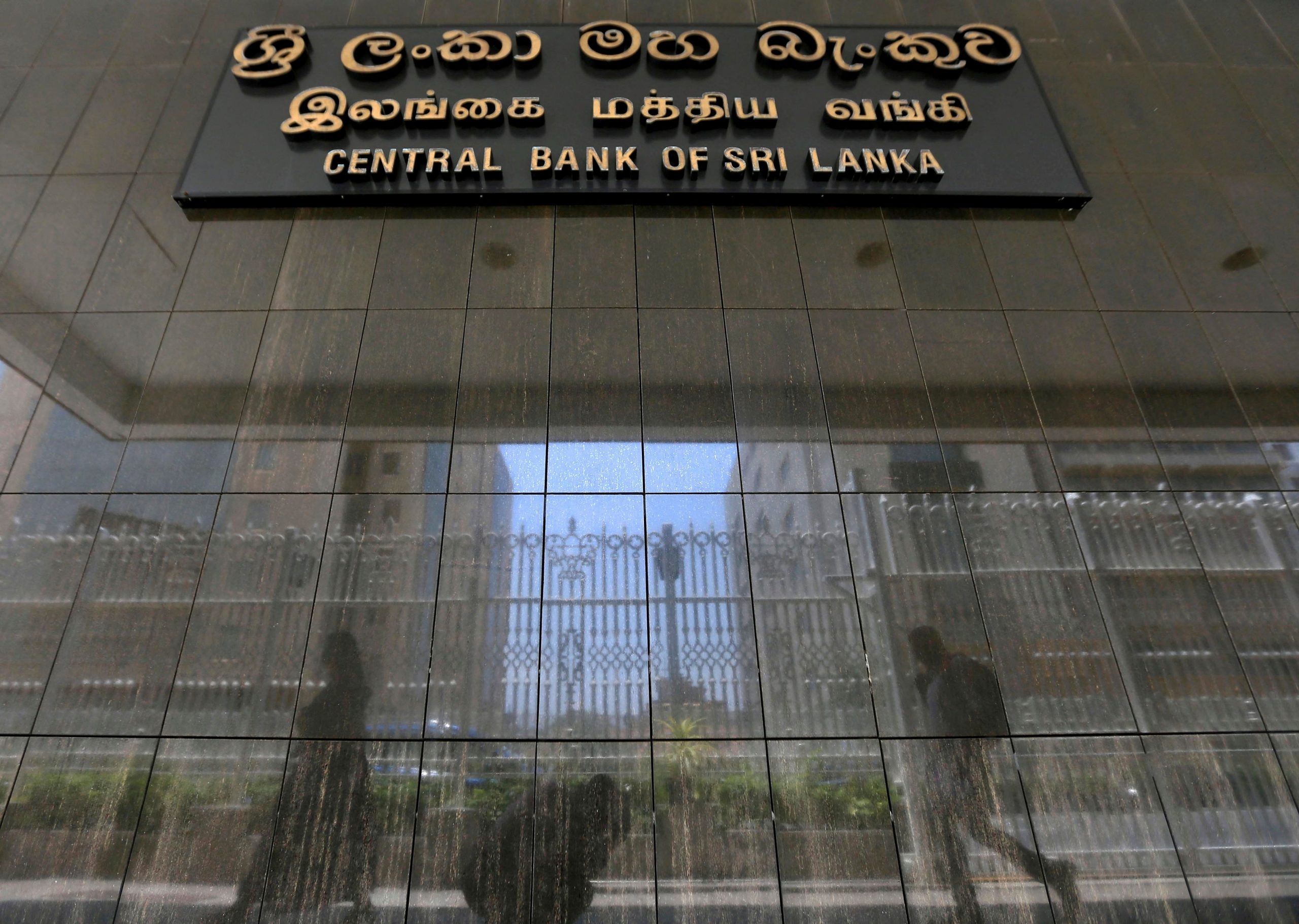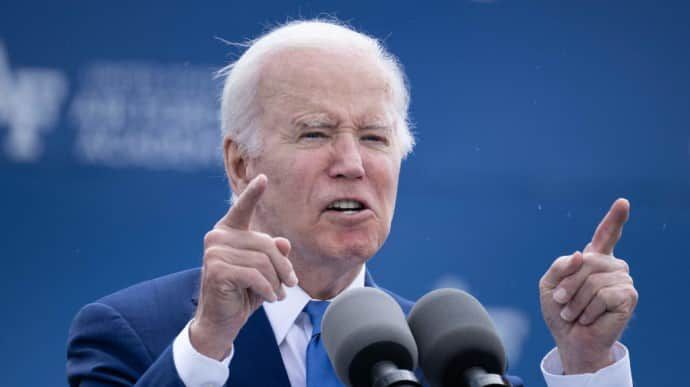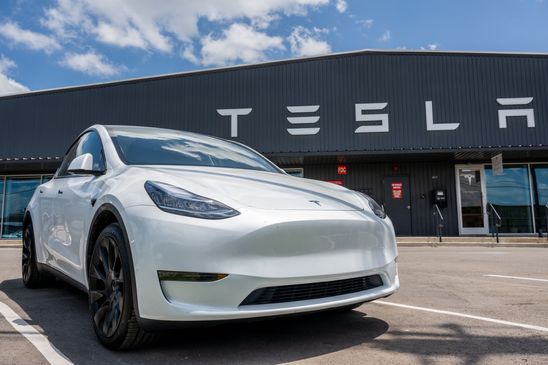The Bank of Korea (BOK) chose to keep its benchmark interest rates stable at 3.5% for the third straight meeting on Thursday, disregarding market predictions and emphasizing its concern over enduring inflation, thereby hinting at a possible future increase.
The decision to hold the seven-day repurchase rate steady was unanimously foreseen by 17 economists surveyed by Bloomberg News. Six of the seven BOK board members expressed openness to the terminal rate possibly rising to 3.75%. Even though officials forecast inflation to increase at a slower pace than earlier predicted, their outlook surpasses market expectations, with predictions for 2023 core prices to be higher.
Although this pause leaves the door open for a potential rate rise, it suggests that officials are focusing on combating persistently high costs, a worry that supersedes bolstering an economy struggling under global economic slowdown pressures. Before the BOK’s announcement, many analysts and investors were anticipating rate reductions in South Korea later this year due to escalating risks to economic expansion.
This decision is made amidst growing uncertainty about whether the US Federal Reserve will maintain its policy rate at its next meeting, as suggested by recently disclosed Fed minutes and policymakers’ remarks. Further rate increases in the US could exert more pressure on the already vulnerable South Korean won. The Reserve Bank of New Zealand’s announcement on Wednesday, hinting that rates have reached their zenith, led to a drop in the country’s currency.
In the post-statement press conference, Governor Rhee Chang-yong encouraged markets not to presuppose that the BOK had concluded rate increases. He said, “Members will watch the situation, particularly inflation, along with decisions by other central banks and their impact on Korea” to determine future policy.
In reaction to Rhee’s remarks on persistent inflationary pressures, the yield on the government’s policy-sensitive three-year note jumped 12 basis points to 3.49%.

BOK officials retained their prediction of a 3.5% increase in consumer prices this year, foreseeing it to cool to 2.4% in 2024 from an earlier forecast of 2.6%. However, they anticipate core inflation to persist longer than initially predicted, modifying their forecast for the present year to 3.3% from 3%.
The bank also decreased its 2023 annual growth expectations to 1.4%, an adjustment broadly expected by analysts, and to 2.3% in 2024. Governor Rhee anticipates a revival in chip exports, a crucial economic driver, after hitting a low in the fourth quarter due to renewed demand in China, the globe’s second-largest economy.
The decision to trim growth predictions likely stemmed from the less-than-expected ripple effect of China’s recovery and the sustained sluggishness in consumption, particularly concerning investment, according to Woo Hye-young, a fixed-income analyst at Ebest Investment & Securities Co.
South Korea’s growth prospects have become increasingly uncertain, mainly due to global demand for its products and services being weak. Exports have taken a sharp hit since late last year, with scant signs of rebound. Domestic risks such as higher living expenses, increased utility rates, and a cooling property market further cloud the outlook.
Despite these obstacles, the Bank of Korea insists that their primary objective is to control inflation. Krystal Tan, an economist at Australia & New Zealand Banking Group, said, “We expect the policy messaging will continue to resist a quick shift to easing.” She forecasts the first rate cut will happen in early 2024, barring any significant change in rhetoric.
©traders-news.online










